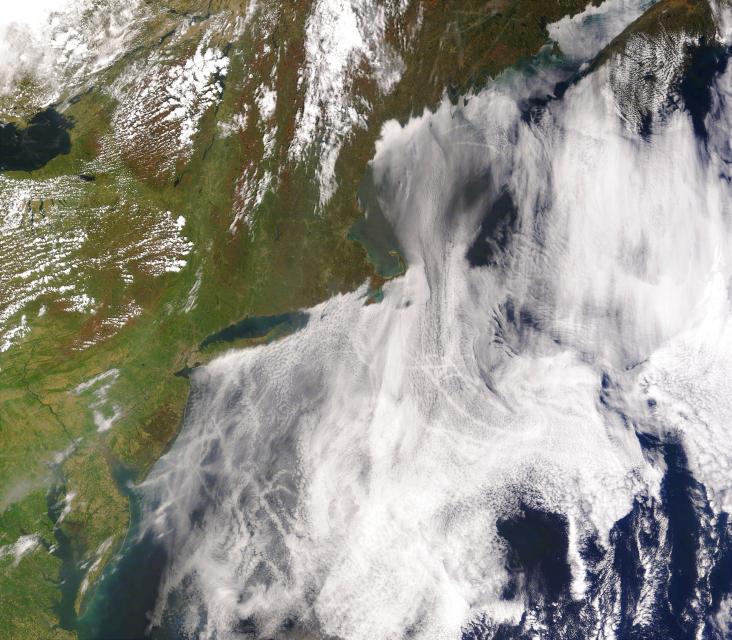Public open event
Is this event for you?
This event is aimed at adults and young people (age 14+ yrs) who are curious about the applications of physics. No background knowledge in physics is required and you will have the opportunity to ask lots of questions.
About the event
At the Department of Physics, our research spans everything from the tiniest particles to the entire cosmos, but we don’t just leave the ideas scrawled on blackboards, hidden on hard drives or tucked into unfathomable scientific papers. We take our research and make it work for you. For one night every year, we open our doors to show you how we shift our physics from the lab into your life.
You can tour the laboratories where the science is happening now, from next-generation solar cells to quantum computers. Researchers will give talks exploring how they have transformed their work into technology and there will be lots of demonstrations and time for Q&A where you can investigate more of these science stories, pick the brains of the researchers behind them, and uncover how physics is changing your life.
Research areas
We will be covering a wealth of topics during the evening – here are just some of them:
- quantum computing
- the future of solar-cells for renewable energy
- the impact of citizen science
- how cells use, protect and copy DNS
- climate science
- accelerators
Feedback from previous events
"I really liked learning about how physics is being applied in different ways, such as how it is being used to create 3D images of historical buildings that have been destroyed from photographs"
"it's really interesting to see the way they are doing the experiments in the labs"
"My favourite part was seeing how different technologies are used and adapted to different situations, because this opened my eyes to the wide range of topics physics can apply to"
Bookings
Registration is required for this event. Due to the safety requirements in our labs this event is for people age 14+ years only.
BOOKING CLOSED
We envisage this event being oversubscribed so please let us know if you can no longer attend so we can offer your place to someone else.
Join our mailing list for regular updates.
Flash talks
X-rays: more than a medical marvel (Jack Harrison): X-rays have been used for decades to image bones and hard structures in humans and other animals, but their utility in the physical sciences goes far beyond this. In this talk, we will explore the myriad of other uses for x-rays, from uncovering protein structures in the COVID-19 virus to studying magnetic whirlpools in rust and how this is informing current technological development.
Solar cells of the future (Akash Dasgupta): Once only a novelty, solar power is going to become a bigger and bigger part of our lives, as prices drop and we shift to a greener world. While the materials used to make solar panels have remained the same for decades, here at Oxford we explore using new materials, namely 'Perovskites', as a replacement for current technologies. Our materials are easier to process, and can be more efficient, allowing us to shorten the time it takes for full adoption of solar.
Barbecue summer or summer washout - can we predict the average summer weather? (Dr Matthew Patterson): While a weather forecast attempts to predict the weather on a particular day, seasonal forecasts try to predict the average weather over an entire season. This is possible, in principle, because of slowly varying and predictable components of the climate system, such as ocean variability, which affect the atmosphere in a consistent way. But does it work? In this talk, I will discuss the physics underpinning seasonal forecasts and to what extent it is possible to tell what the summer will be like a month or two in advance.
Can we predict the evolution of molecular structures? (Dr Nora Martin): My research uses computational methods to investigate the effect of random mutations, for example how they change the folded structure of RNA biomolecules. In this talk, I will discuss, why this research is important for predicting evolutionary processes and talk about where evolution is found in our everyday surroundings, from COVID to bacteria, and why a good quantitative understanding of evolutionary processes is useful and important.
Dark Skies and Society (Hugh Spackman): Hugh will talk about dark sky tourism, where astronomy meets sustainable development.

